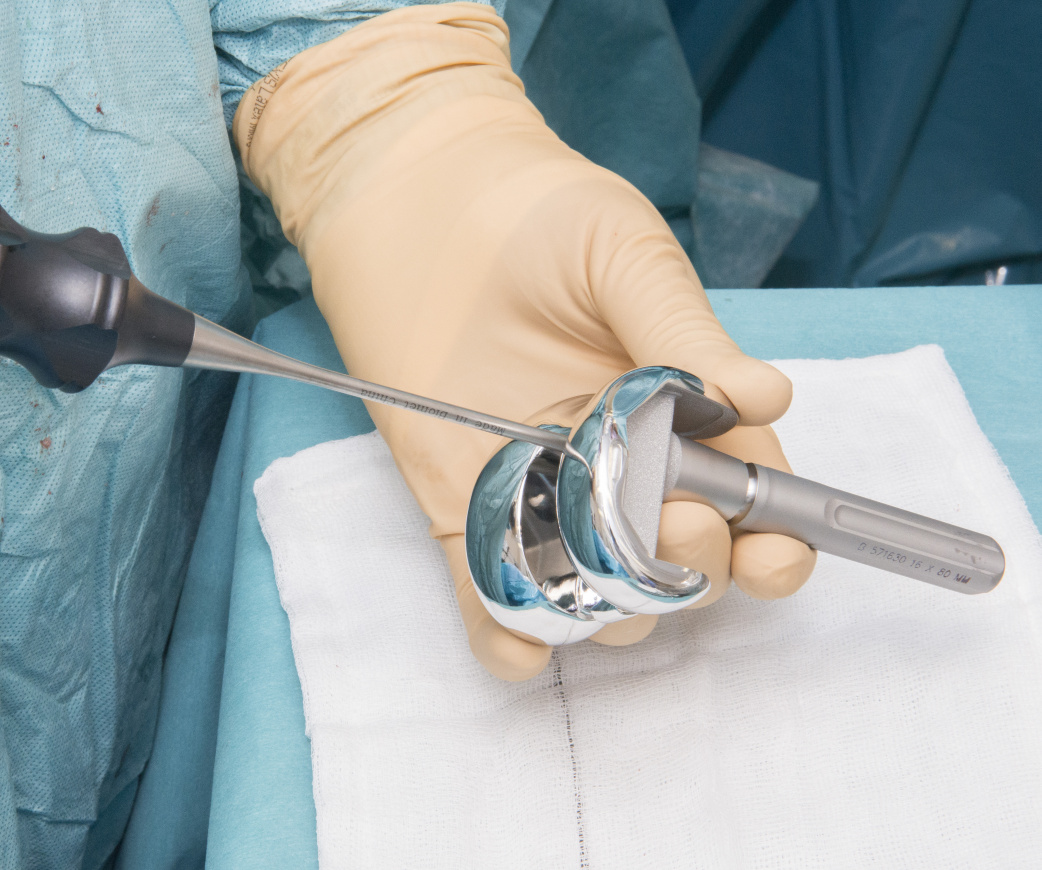


Knee replacement, also known as knee arthroplasty, is a surgical procedure to replace the weight-bearing surfaces of the knee joint to relieve pain and disability, most commonly offered when joint pain is not diminished by conservative sources.
Can life be normal after knee replacement?
For the first few weeks, you need to take it easy, but you can return to most daily activities soon. Knee replacement surgery is a major procedure, so expect to have some downtime in the weeks following surgery. After a few weeks, you can likely return to typical activities like driving, work, and household chores.
What is the life of knee replacement?
There have been instances of knee replacements lasting longer than 25 years. However, the majority of reports and studies point to knee replacements having a lifespan of between 15-20 years.
What is the hardest part of recovery after knee replacement?
The most significant pain occurs while the knee is inflamed and recovering from the acute inflammation after the surgery. The first six weeks are the toughest. Of that six weeks, the first week is the hardest.
What is the best age to have a knee replacement?
There is no such right or wrong age for knee replacement surgery. If you find it challenging to sit, walk, or work without feeling tremendous pain in your knees, you may be considered as a candidate for a knee replacement. The age bracket of 60 to 75 years is the most common age group for knee replacement patients.
How much bed rest is required after knee surgery?
The duration of bed rest after knee replacement surgery is relatively short. Most patients are encouraged to get up and start moving as soon as possible after the procedure. Early mobilisation is essential for preventing complications such as blood clots and reducing the risk of stiffness in the knee joint.